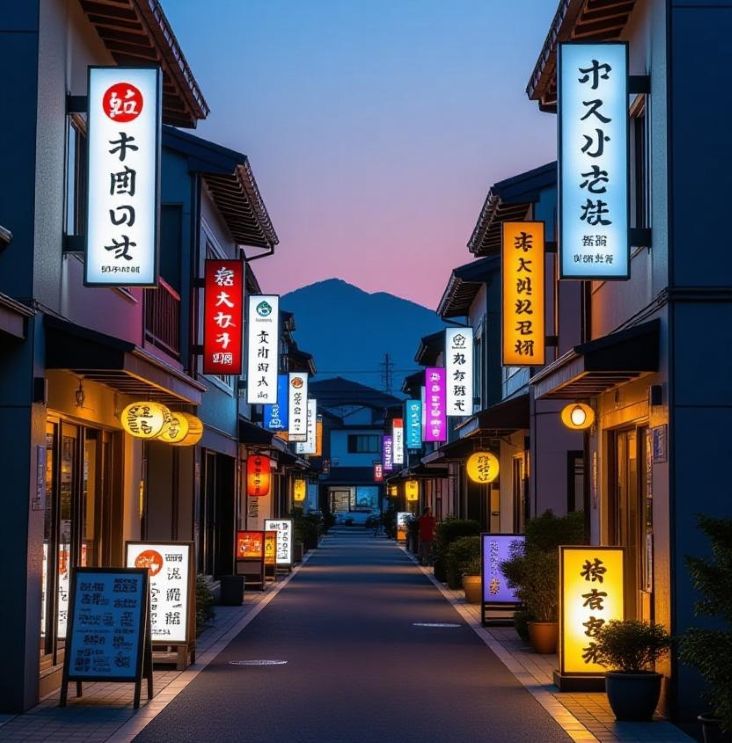 Jeju’s nightlife glows with energy long after sunset. From neon-lit bars to private lounges, the island’s entertainment scene draws locals, tourists, and workers who thrive in a world that never seems to sleep. But behind the laughter and lights, fatigue and emotional exhaustion often lurk. For those immersed in the social whirlwind, balance is becoming more than a luxury, it’s a necessity.
Jeju’s nightlife glows with energy long after sunset. From neon-lit bars to private lounges, the island’s entertainment scene draws locals, tourists, and workers who thrive in a world that never seems to sleep. But behind the laughter and lights, fatigue and emotional exhaustion often lurk. For those immersed in the social whirlwind, balance is becoming more than a luxury, it’s a necessity.
Many workers and patrons of Jeju Room Salon (제주 룸싸롱) have begun seeking a new kind of escape. After long nights of socializing, pouring drinks, and managing the subtle dance of hospitality, quiet mornings filled with yoga or meditation offer a surprising form of recovery. It’s no longer rare to see entertainers and staff spending their days at yoga studios, learning to reconnect with their breath and body before returning to the glow of nightlife.
The Hidden Stress Behind the Spotlight
Few outsiders understand how physically and emotionally demanding the nightlife world can be. Late nights often stretch into early mornings. Alcohol is ever-present. Conversations demand constant energy and charm. Over time, the body’s natural rhythm is disrupted. Sleep becomes irregular, meals are skipped, and emotional exhaustion creeps in. Even patrons who frequent these spaces feel the toll of overstimulation and social pressure.
Health experts have noted rising cases of anxiety and burnout among entertainment workers in South Korea. A demanding job that relies on appearances and emotional labor can quickly lead to chronic stress. Yoga, meditation, and mindful breathing exercises are emerging as powerful counterbalances. They offer what nightlife cannot like stillness, silence, and self-connection.
When the Party Ends, Healing Begins
Jeju, with its serene beaches and volcanic landscape, has quietly become a center for wellness retreats. While tourists flock to the island for its natural beauty, locals have begun using it as a space for restoration. Yoga instructors from Seoul and abroad now host retreats that focus on detoxing from digital and nightlife fatigue. Morning sun salutations on Seogwipo’s cliffs or meditation by Hamdeok Beach offer a natural antidote to sleepless nights.
For those connected to Jeju’s nightlife industry, these retreats provide more than physical relief. They represent a psychological shift, one that allows workers to rediscover a sense of self beyond their roles in entertainment. A yoga mat becomes a small sanctuary, a space where no one demands a smile or conversation. Here, silence becomes healing.
The Science Behind Mindfulness and Recovery
Yoga is not just a trend, it’s a physiological reset. Studies show that deep breathing lowers cortisol levels, improves heart rate variability, and reduces symptoms of anxiety. For individuals who work irregular hours and depend on high emotional output, such practices restore the nervous system. Meditation, meanwhile, helps rewire thought patterns shaped by constant social engagement, offering a rare form of mental clarity.
Psychologists in South Korea have begun integrating mindfulness-based therapy for entertainment industry workers. Regular sessions that combine stretching, breathwork, and guided meditation have shown measurable improvements in mood and energy levels. The results are practical and profound: better sleep, more focus, and fewer emotional crashes after a long night out.
Bridging Two Worlds: Nightlife and Wellness
Jeju’s cultural duality, its mix of luxury nightlife and tranquil nature, makes it the perfect setting for both excess and balance. Some hospitality managers have started offering wellness programs to their staff. Others collaborate with yoga studios to promote health awareness. Patrons, too, are catching on. After a night of socializing, many now spend their mornings hiking Hallasan or joining beach yoga sessions to reset their minds.
- Yoga classes near Seogwipo cater to both locals and nightlife professionals.
- Wellness cafes are replacing hangover drinks with detox juices and herbal teas.
- Nightlife workers share experiences on social media about the benefits of morning meditation.
This cultural blending is shaping a new narrative around Jeju’s entertainment identity. It’s no longer just about luxury and indulgence, it’s also about recovery and mindfulness. The once-clear boundary between the high-energy world of nightlife and the slow, introspective practice of yoga is beginning to blur.
READ ALSO: Gangnam Perfect Wellness Culture
Finding Balance in Jeju’s Rhythms
The question isn’t whether yoga can offset the demands of nightlife, it’s how far this shift can go. As more entertainers, hostesses, and visitors from Jeju Room Salon turn toward mindful living, the island may redefine what it means to work and play. Wellness doesn’t need to oppose nightlife; instead, it can balance it. After all, the most radiant nights often belong to those who know how to rest deeply by day.
Jeju’s story reminds us that mindfulness isn’t about isolation, it’s about rhythm. Between the pulse of music and the quiet of meditation lies a middle path where balance feels natural. Yoga might not erase the demands of nightlife, but it can teach those who live within it how to breathe through the chaos and find calm beneath the neon glow.

